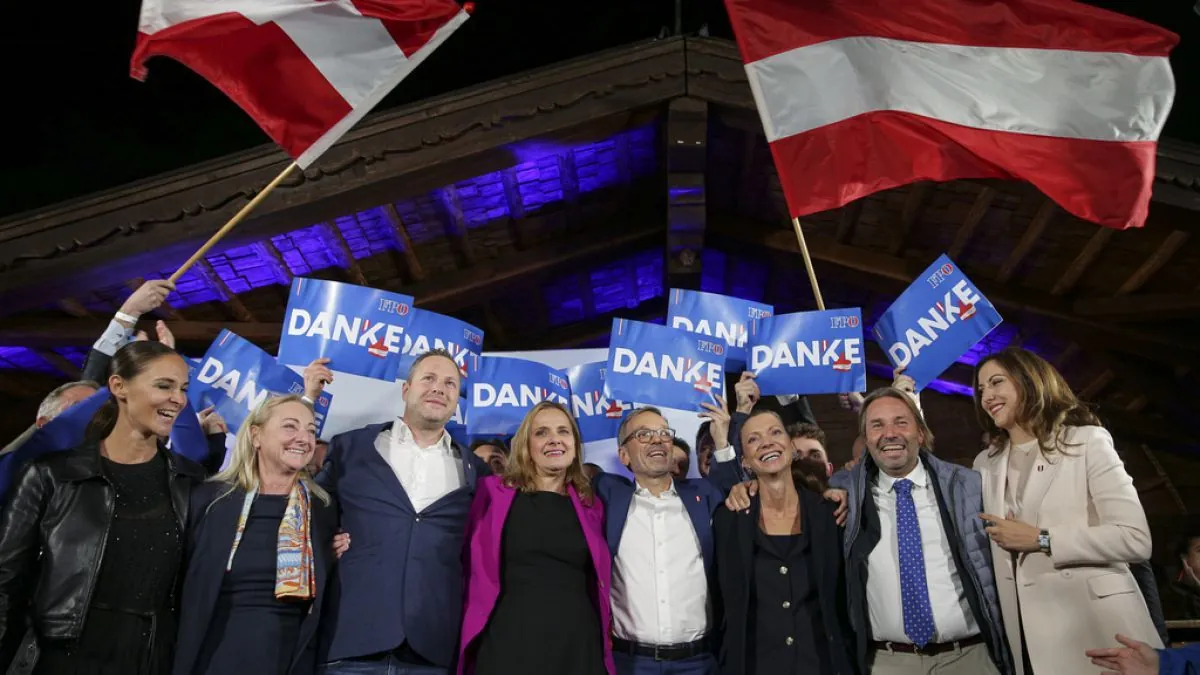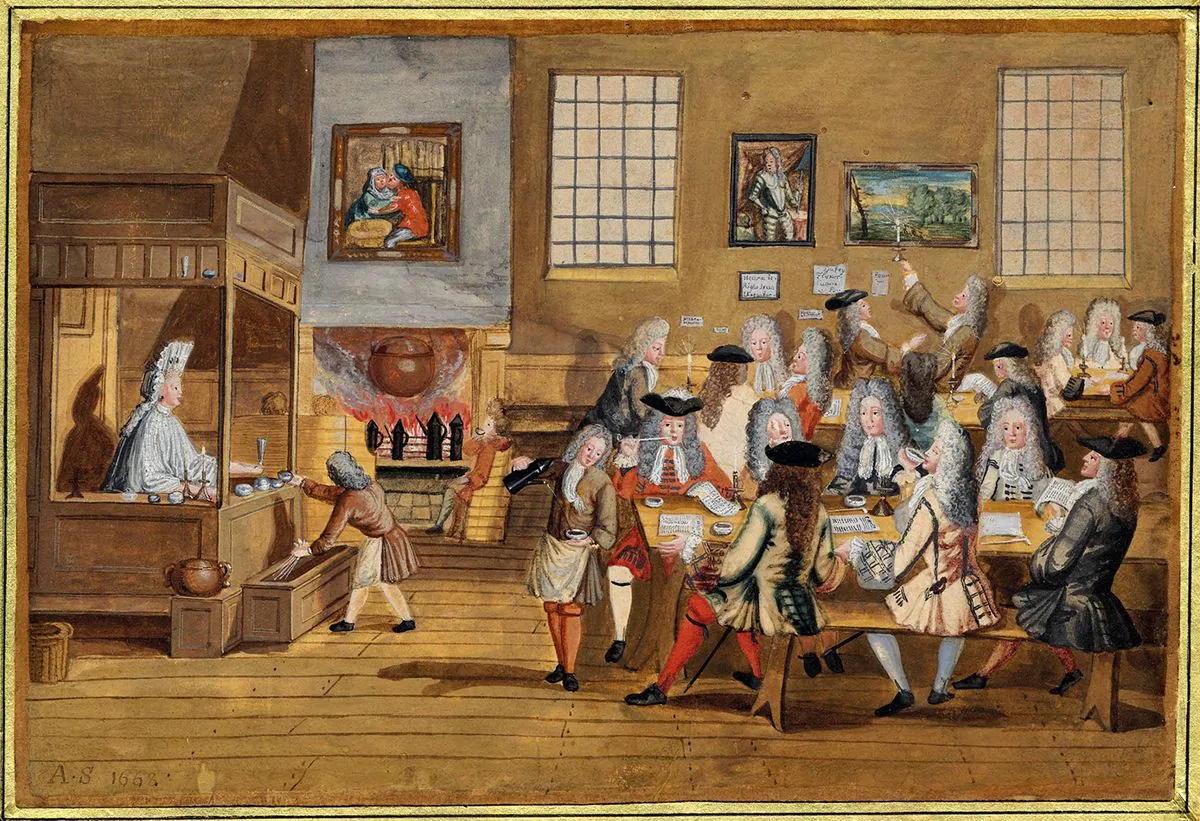Austria's Far-Right Surge: Freedom Party Wins General Election
Austria's Freedom Party secures 29% of votes in general election, signaling a shift towards far-right politics. The party's success raises concerns about the rise of illiberal agendas in Europe.

In a significant political shift, Austria's Freedom Party emerged victorious in the country's general election on September 29, 2024. Securing 29% of the votes, the far-right party outperformed the ruling conservative Austrian People's Party and the Social Democrats, who received 26.5% and 21% respectively.
This outcome aligns Austria with other European Union members where extreme right parties have gained prominence, such as Italy, Slovakia, Croatia, and Hungary. The Freedom Party's success is part of a broader trend of far-right victories across Europe, including recent wins in eastern Germany and the Netherlands earlier in 2024.
Herbert Kickl, the Freedom Party's leader, campaigned on a platform of stringent anti-immigration policies and controversial rhetoric. His use of terms like "Volkskanzler" (people's chancellor) has drawn criticism for its association with Nazi-era language. Kickl's agenda includes halting migration, expelling certain Austrian citizens with foreign roots, and implementing changes in education and media.
The COVID-19 pandemic played a crucial role in the Freedom Party's resurgence. As the sole critic of pandemic-related restrictions, the party gained support from those opposed to lockdowns and vaccine mandates. Austria's implementation of four nationwide lockdowns and nearly 40 weeks of school closures contributed to public discontent.
"Our studies in recent years show that there is more racism and antisemitism in the population, and a higher number of people adverse to foreigners and hostile to immigration, than at any time in recent decades."
This shift in societal attitudes is reflected in the Freedom Party's growing support base, which now includes more women, professionals, college-educated individuals, and young people.
The Freedom Party's rise is not a new phenomenon in Austrian politics. In 2000, it first joined the government, breaking the long-standing pattern of conservative-social democratic leadership. This move initially faced strong opposition from other EU members. However, by 2017, when the party returned to government, there was notably less resistance from Brussels.

The traditional conservative Austrian People's Party has also shifted its stance on key issues, particularly immigration. Chancellor Karl Nehammer has proposed policies such as denying social benefits to asylum-seekers for their first five years in Austria and offshoring asylum procedures outside the EU.
The implications of Austria's election extend beyond its borders. As one of Europe's far-right pioneers, the Freedom Party's success may influence similar movements across the continent, particularly among pro-Russia populists in Central Europe.
Austria, a country with a rich cultural heritage and a population of about 9 million, has been a member of the European Union since 1995 and adopted the euro in 1999. Known for its Alpine landscapes, coffee house culture, and contributions to classical music, Austria now faces a political landscape that contrasts sharply with its neutral status, maintained since 1955.
As Austria navigates this new political reality, the international community watches closely to see how this shift will impact the country's role within the EU and its relationships with neighboring nations.


































